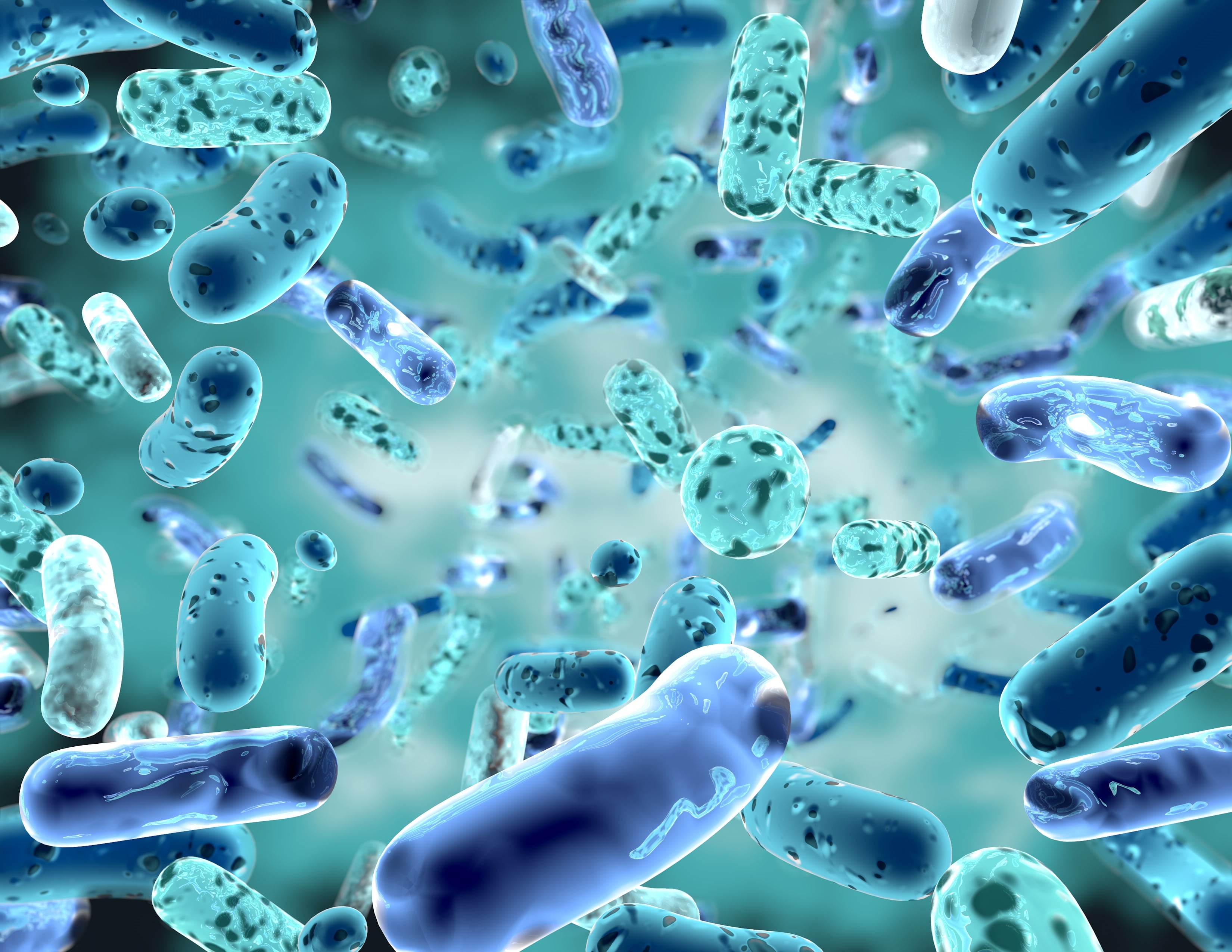They found exogenous administration effectively suppressed calcification. Propionate altered alpha and beta intestinal diversity, increasing the abundance of beneficial SCFAs and reducing bacterial toxins (endotoxins), suggesting it could improve outcomes for cardio-metabolic disease.
“The protective effects on blood vessels are attributed to SCFA reduction of uraemia toxin levels derived from intestinal bacteria,” the study authors explain.
‘Propionate regulated the homeostasis of the intestinal microbiota, improved intestinal mucosal permeability, decreased LPS infiltration into the blood circulation and decreased the secretion of inflammatory factors downstream of the signalling pathway.”
Similar activity was observed with Akkermansia supplementation. The bacteria break down mucins to produce acetate, propionate and small nitrogen-containing molecules, which improve the composition and structure of the microbiota.
Disease progression
Thoracic aortic and coronary artery calcification affects the vast majority of 45-year-olds (63.1%) and significant number of 75-year-olds (75%). Vascular calcification is associated with ageing, chronic kidney disease, diabetes, hypertension, and smoking, and causes high morbidity and mortality in patients with cardiovascular disease.
SCFAs, like propionate, are metabolites derived from dietary fibre fermentation that have a beneficial impact on cardio-metabolic risk factors and cardiovascular disease progression, owing to their anti-inflammatory and immune regulatory functions, the authors explain.
“With the progression of vascular calcification being irreversible in nature and the absence of available effective therapeutic treatments, its prevention and treatment are of vital clinical significance. SCFAs have been reported to be able to improve cardio-metabolic disease-associated risk factors, which have attracted increasing awareness.”
Study cohort
The subject cohort included 92 patients. Researchers collected 89 blood samples and 67 faecal samples for correlation analysis of acetate, propionate, and butyrate levels.
To examine the effects of sodium propionate (SP), vascular calcification was induced in rats with free drinking of SP (200ml) or rectal administration 1g/kg body weight SP. The experiment lasted six weeks.
To examine the mechanism involved in suppression of vascular calcification, researchers carried out a faecal microbiota transplantation (FMT) experiment.
Protective factors
There was a negative correlation between SCFAs and calcification scores, and independent negative correlations for propionate and butyrate were identified after adjustment for confounders, suggesting “independent protective factors that suppress vascular calcification”. The authors also observed reductions in macrophage infiltration in vascular tissue.
SP reduced calcium salt deposition in blood vessels, aortic calcium content fell by 59.2%, and calcium in tissue sections decreased by 64.8%, compared with the VDN group. Furthermore, systemic inflammation significantly decreased.
Intestinal alpha diversity significantly increased in the VDN+SP to VDN group, along with SCFA-producing microbiota, and beta diversity was significantly different compared to the VDN group.
Bacterial abundance
An abundance of Bacteroidetes was detected in VDN-treated rats but levels fell significantly after transplantation. Meanwhile, Akkermansia increased in all SP treated groups.
The authors postulate: “As a next generation ‘probiotic’ candidate, Akkermansia has the potential to ameliorate lipid and glucose metabolic disorders, reduce inflammation and improve intestinal barrier function.”
They maintain Akkermansia regulation could be a strategy to treat Hutchinson-Gilford syndrome, amyotrophic lateral sclerosis, coronary atherosclerosis obesity, insulin resistance and alcoholic liver disease.
Theoretical basis
SCFAs in plasma and faeces – and particularly propionate - were inversely associated with total cholesterol (TC), low-density lipoproteins (LDL), fasting blood glucose (FBG), and body mass index (BMI). Studies indicate some negative actions following exposure to propionate, including insulin resistance and increased risk of type 2 diabetes, although others substantiate protective qualities.
“Regarding the different effects of propionate on blood glucose content and body weight, we think that propionate acts on different metabolic processes,” the authors’ comment.
“Propionate in the intestine functions more locally, but in the circulatory system, propionate works on complex systemic metabolism.”
This research provides an insight into propionate-mediated vascular calcification relief and “a theoretical basis for targeting the improvement of the intestinal bacteria”, they conclude.
Source: Microbiome
Published online: http://doi.org/10.1186/s40168-022-01390-0
‘Beneficial effect of the short-chain fatty acid propionate on vascular calcification through intestinal microbiota remodelling’
Authors: Jianlong Yan, Yanbin Pan, Wenming Shao, Caiping Wang, Rongning Wang, Yaqiong He, Min Zhang, Yongshun Wang, Tangzhiming Li, Zhefeng Wang, Wenxing Liu, Zhenmin Wang, Xin Sun and Shaohong Dong

